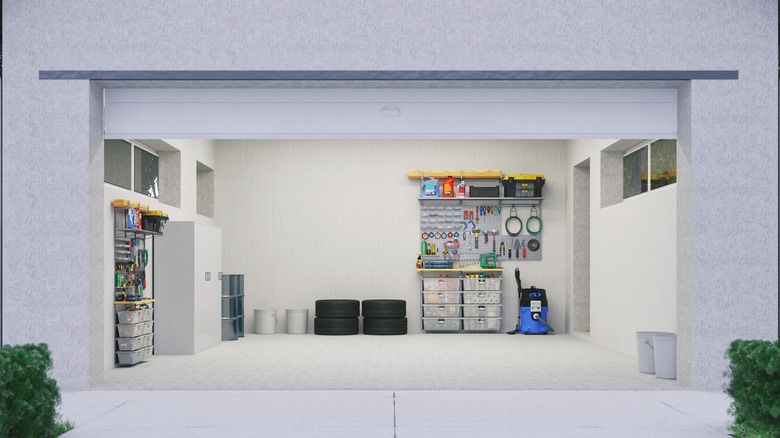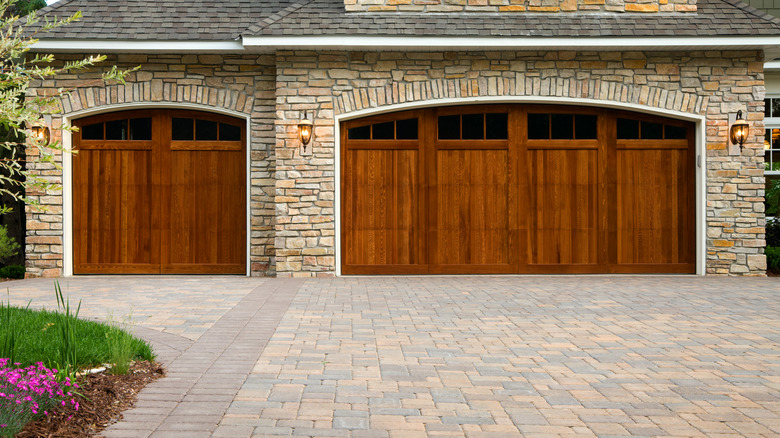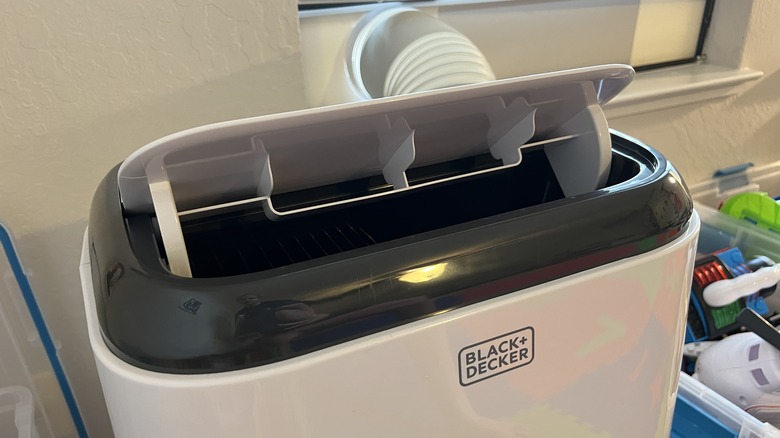The Energy-Saving Benefits Of Installing An Air Conditioner In Your Garage
If you spend a lot of time in your garage working on DIY projects or fixing up cars, the hot summer months can be sweltering. By installing an air conditioner in your garage, you can stay cool while enjoying your favorite hobbies, and you may actually cut down the costs of cooling your home. When the weather heats up, hot air can find its way from your garage to the rooms connected to it, causing your home's air conditioner to work harder to cool these rooms. If you keep your garage cooler, it will be harder for hot air to seep through the connecting walls and door, and your main air conditioning unit will have an easier time cooling your house.
While connecting your home's air conditioning system to your garage might seem like an easy solution, this can allow toxic gasses, such as carbon monoxide, into your home. Since garages are often a place where you park your car or start up your lawn mower, the exhaust can travel through your HVAC system. The best way to cool your garage is with portable units, window units, or ductless mini-split air conditioners.
Getting the most out of your garage air conditioner
To get the most out of your air conditioner, it's a good idea to insulate at least a portion of your garage. Typically, garages have next to no insulation, and your air conditioner could have trouble keeping up with the influx of hot air. The sun can also beat down on your garage, trapping the heat inside. By insulating your garage door and any walls that get a lot of direct sunlight, you can keep the hot air out, and the cool air will stay inside. This extra insulation can also help save energy while cooling or heating your home. If your windows bring in a lot of heat, you may also consider buying blackout curtains.
When installing an air conditioner in your garage, finding a good spot for ventilation is crucial. If there is no place for the unit to vent, the hot air it filters will end up back in your garage. For garages with windows, the solution is simple, but if you don't have windows, you may end up having to cut a hole in an exterior wall for the exhaust. While it may seem like a good idea to vent your unit through the bottom of the garage door, having the door open even a small amount will let more hot air inside.
Types of air conditioners to install in your garage
The first step in choosing an air conditioning unit for your garage is determining what size will work best in your space. If you purchase a unit that's too small, it won't be able to properly cool your garage. British Thermal Units (BTUs) measure the amount of hot air an air conditioner can cool in a room, so choosing a unit that has enough BTUs to efficiently cool your garage is important.
Window units are a great option if your garage has full-size windows, but if it only has small windows or none at all, a portable air conditioner is probably your best bet. If you spend large amounts of time in your garage, are looking for a permanent unit, or want to save space, a mini-split ductless unit may be the best option, but these models are typically the most expensive and need to be installed by professionals. However you choose to cool your garage on hot summer days, it may help you lower the cost of cooling your home.


